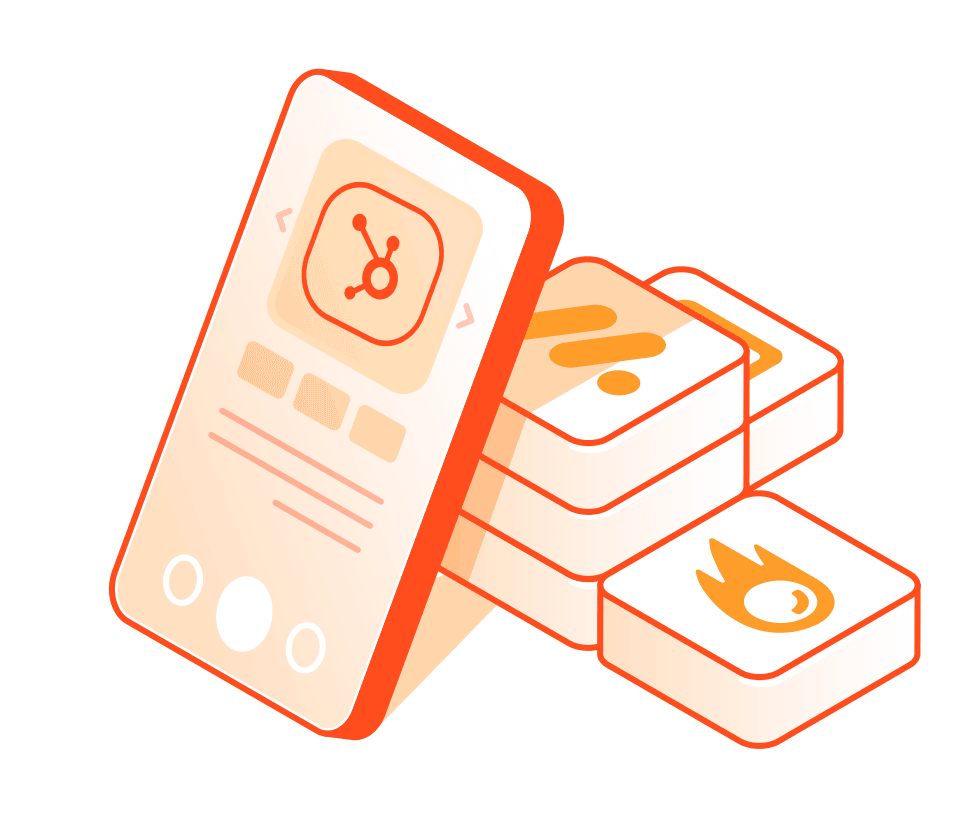Google's annual developer conference, Google I/O, is a highly anticipated event where software programmers attend sessions and learn how to build apps for Google’s platform.
This year, the conference was a two-hour showcase of the tech giant’s upcoming products and services, with artificial intelligence (AI) prominent in the first half of the event.
The focus on AI, especially generative AI, has stirred significant interest in its potential applications, particularly within marketing and sales.
Generative AI: What It Is and How It Works
Generative AI, often referred to as ‘gen AI, ‘ is an advanced form of AI that uses algorithms to generate new content. It uses deep-learning models, known as foundation models (FMs), pre-trained on massive datasets.
These models can then be adapted to various downstream tasks, including content generation. Unlike ‘traditional’ AI, which is trained on a single task with human supervision, gen AI can perform multiple tasks, signifying a significant change in AI’s power and utility.
Big Announcements
Alongside the announcement of new phones, tablets, and foldables, Google I/O showcased some huge advancements when it came to software and how AI is going to improve our interactions with it.
Let’s break down the two key announcements from the event and rank each out of five on the Bundle hype scale!
Unveiling of Google Bard and PaLM 2
A key announcement was the improvement of Google Bard, a conversational chatbot that was initially powered by LaMDA. Google introduced Bard’s new language model, PaLM 2, which promises to fix some of Bard’s shortcomings and provide a path forward. More interestingly, it can specialise in certain fields, like cybersecurity or medicine. Bard has now gone live in over 180 countries and supports more languages, showing Google’s commitment to making AI accessible to a global audience.
Bard is still trailing behind ChatGPT when it comes to the conversational chatbot crown. Especially with OpenAI launching their plugin and web browsing functionality. What we will give us credit to Google for persisting with a product and not killing it off like so many of the services that came before it.
We give this one 3 Bundles out of 5.
A new and improved Google Workspace
Artificial intelligence has also infiltrated Google Workspace, improving Gmail, Google Docs, and Google Sheets. The integration of generative AI can now help users create content or structure documents with just a few prompts. This is a glimpse into the future of work where AI can assist in automating routine tasks, enabling users to focus on more complex and creative endeavours.
Following their recent video showcasing how AI would change how we interact with Google Workspace, we already knew this was coming. Regardless, this still fills the Bundle team with excitement. AI-generated note-taking in Google Meets and the ability to summarise long email chains are just two elements we’ll use daily to streamline workflows.
This gets 4 Bundles out of 5 from us.
The Future of Marketing with Generative AI
In marketing and sales, gen AI has the potential to revolutionise various aspects, including customer experience (CX), growth, and productivity.
Let’s take CX, for example. Gen AI can enable hyper-personalised content and offerings based on individual customer behaviour and purchase history. It can leverage AI to jumpstart top-line performance, giving sales teams the right analytics and customer insights to capture demand. In addition, AI can automate many mundane sales activities, freeing up capacity to spend more time with customers and prospective customers.
Dynamic audience targeting and segmentation are practical examples of how gen AI can be used in sales and marketing. Gen AI can combine and analyse large amounts of data to identify additional audience segments. It enables businesses to create personalised outreach content easily and at scale. This means that instead of spending time researching and creating audience segments, a marketer can leverage gen AI’s algorithms to identify unique traits that may have been overlooked in existing customer data and generate tailored content such as social media posts and landing pages.
Gen AI’s advanced algorithms can also leverage customer and market data patterns to segment and target relevant audiences, leading to more effective, tailored lead-activation campaigns. It can optimise marketing strategies through A/B testing of various elements such as page layouts, ad copy, and SEO strategies, leveraging predictive analytics and data-driven recommendations to ensure maximum return on investment.
Preparing for a Gen AI-Driven Future
As Google’s I/O 2023 event has shown, we’re on the cusp of a revolution driven by generative AI. The integration of gen AI in various fields, from marketing to sales to customer service, promises to transform how businesses operate. Companies must prepare for this imminent shift by building their capabilities in AI and learning how to leverage it effectively.
As we learn more about gen AI, we’ll update you on the latest tips and tricks to ensure your business can leverage the opportunities it’ll provide.






